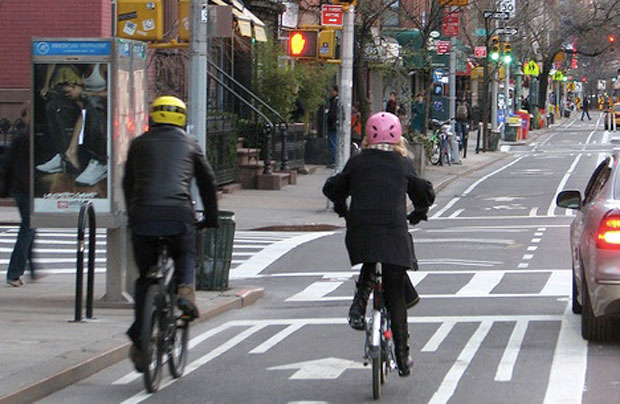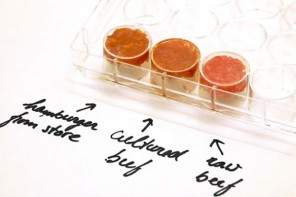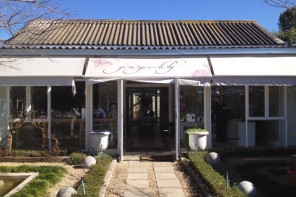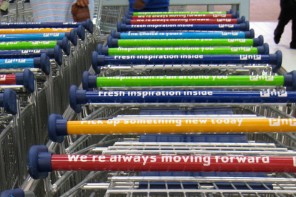Words by Lucille Davie
Cape Town becomes a bike friendly city and is going green in more ways than one. It has a network of bicycle lanes across the city that are to be painted green to demarcate their use for bikes only.
“The colour coding helps to promote safety and awareness for vehicles and pedestrians,” says the city council.
It is also one of the few cities in the country that has a bicycle master plan. This involves a long-term aim of 2 000 kilometres of pedestrian and cycling facilities in the city bowl and the suburbs, as well as cycling paths alongside the MyCiTi bus routes. So far, 400 kilometres have been completed.
“With the city-wide non-motorised transport (NMT) infrastructure programme being rolled out, more colourised cycle paths will be created. The city believes this will go a long way towards creating safer cycling environments, as well as encouraging other road users to share the public right of way in the city.”
In all, 14 NMT projects were completed between 2006 and 2011. “Bike riding and non-motorised transport are important aspects of the vision of an integrated public transport network across the city, providing local connections and helping to make Cape Town a ‘liveable city,'” said Brett Heron, the mayoral committee member for transport.
Cape Town undertook a recent trial of painting cycle lanes green, in an effort to promote safety and awareness for vehicles and pedestrians. The trial revealed that vehicles generally avoided parking in the green lanes. Previously, drivers would park on the bicycle lanes, thereby blocking the lanes for cyclists. In future, motorists who park in the lanes will have action taken against them.
The green paint is skid-resistant and durable, reducing maintenance needs. The cycle lanes in Mowbray, Salt River, Woodstock and Strand Street will be painted in August. This painting is labour intensive, the council says, which means it creates employment opportunities through the Extended Public Works Programme. This is a national programme which aims to give jobless people temporary work, helping them gain skills and increase their ability to earn an income.
“Our department’s focus is on the social sector which aims to create work opportunities and develop accredited training [which] will be linked to possible exit opportunities for beneficiaries,” says Cape Town.
Cycle hire
In addition, it is looking into the feasibility of a bicycle hire system, a growing trend in cities like London, New York and Paris. In July, it established Transport for Cape Town, a transport authority that has started a study of the feasibility of creating a bicycle share project in the city bowl.
The idea is to set up a network of bikes in racks in depots around the inner city, which can be hired and returned to another depot, with cyclists using the network of cycle lanes to get from one part of the city to another. “Cities around the world are beginning to identify bike-sharing as a mode of public transport, providing an alternative to individual vehicle trips,” explained Herron.
Besides the obvious benefits of improved health through exercise, greater bicycle use will mean fewer cars in the city bowl, thus alleviating parking and congestion pressures, and reducing carbon emissions. Cape Town will look in particular at bicycle hire schemes such as London’s Barclays Bikes, Paris’s Velib and Washington’s Capital Bikes. The study will also consider the feasibility of using a smart card payment system, such as the myconnect card used for MyCiTi buses. It is expected that the system will be up and running towards mid-2015.
Joburg and Durban
The city of Johannesburg is behind Cape Town in becoming a bike friendly city in the planning of its cycle lanes. It plans to roll out a 5km cycle lane in Noordesig in Soweto, to be completed in June 2014. It is also about to appoint a contractor to build a 15km cycle lane between the various campuses of the University of Johannesburg and Wits University, running through the suburbs of Auckland Park, Braamfontein and Doornfontein. This will also be complete by June next year.
On the drawing board are plans for a non-motorised transport network, again to be finalised by the middle of next year. The network will cover areas of the inner city.
Durban has limited cycle lanes, focused on the beachfront in the city centre.
Image here











